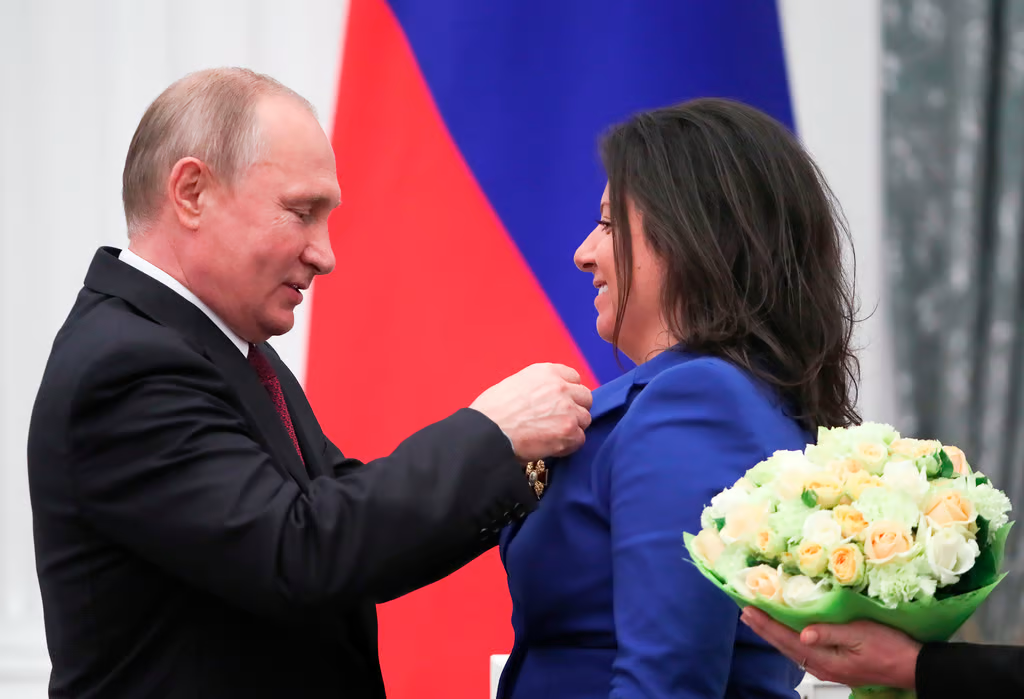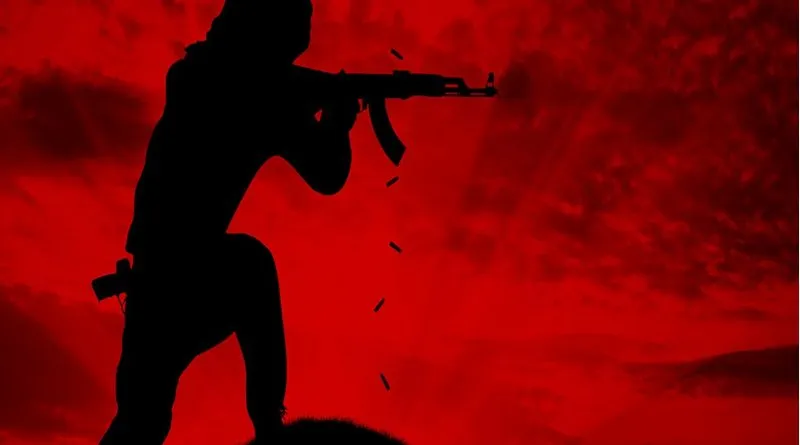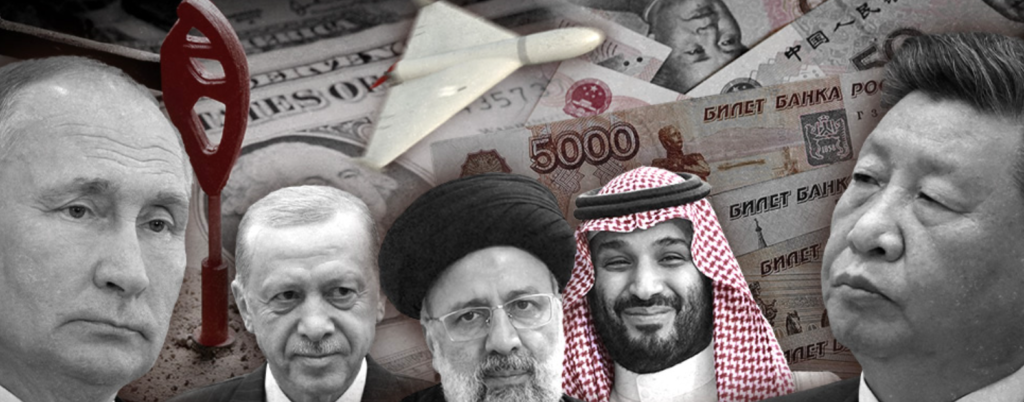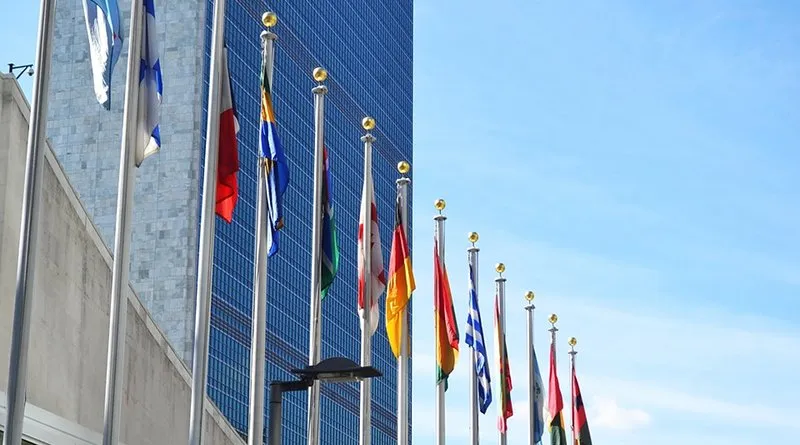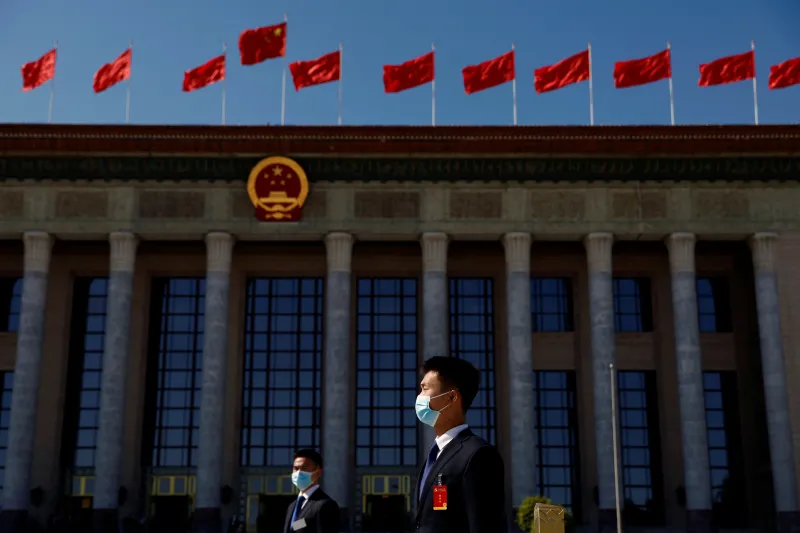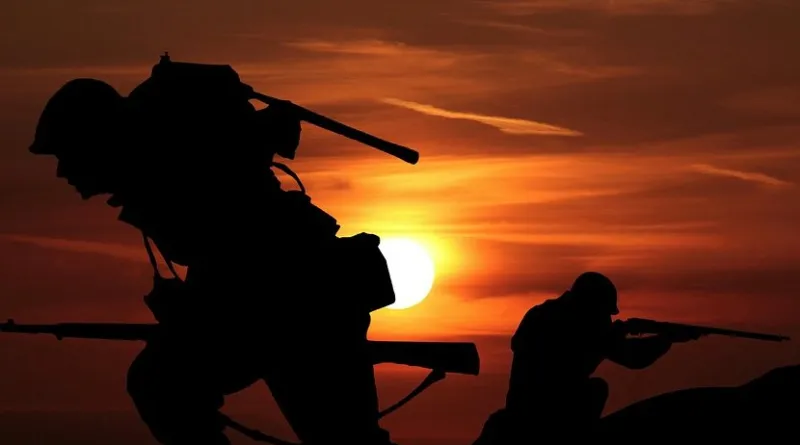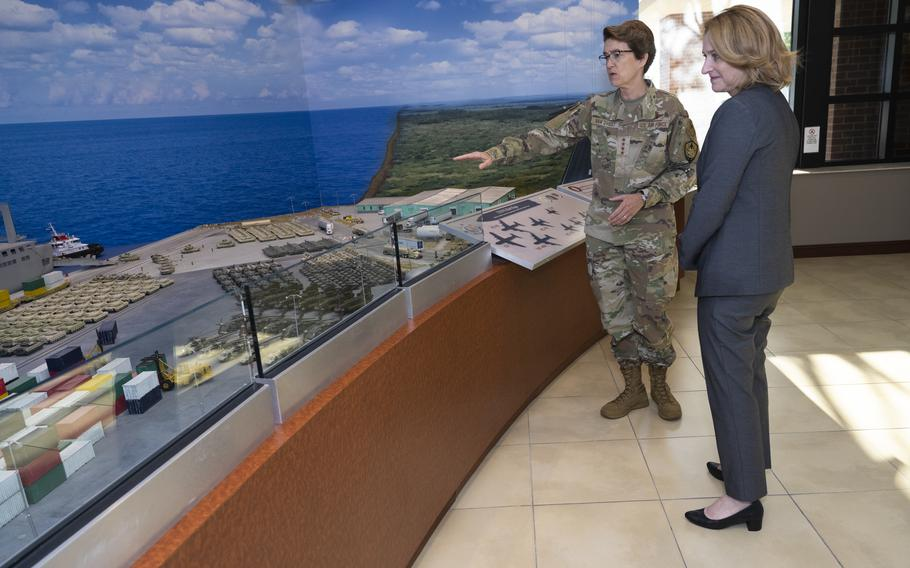The Return of Red China
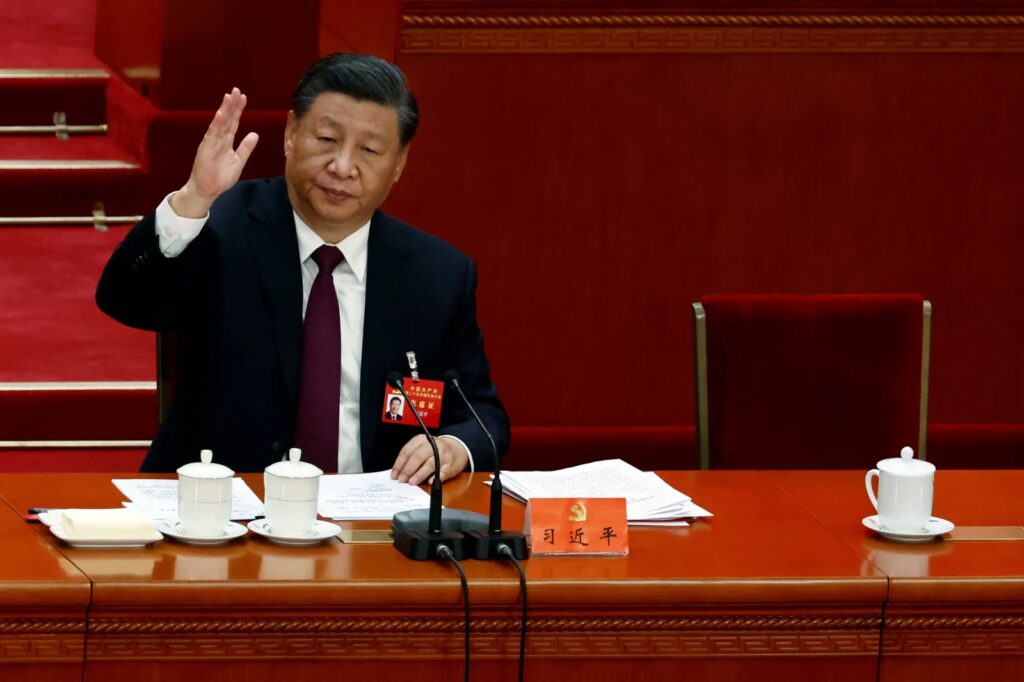
Xi Jinping Brings Back Marxism
In 1978, Chinese leader Deng Xiaoping announced that his country would make a break with the past. After decades of political purges, economic autarky, and suffocating social control under Mao Zedong, Deng began stabilizing Chinese politics, removing bans on private enterprise and foreign investment and giving individuals greater freedom in their daily lives. This switch, termed “reform and opening,” led to pragmatic policies that improved Beijing’s relations with the West and lifted hundreds of millions of Chinese people from poverty. Although China remained authoritarian, Deng shared power with other senior party leaders—unlike Mao. And when Deng left office, his successors continued down much the same path.

